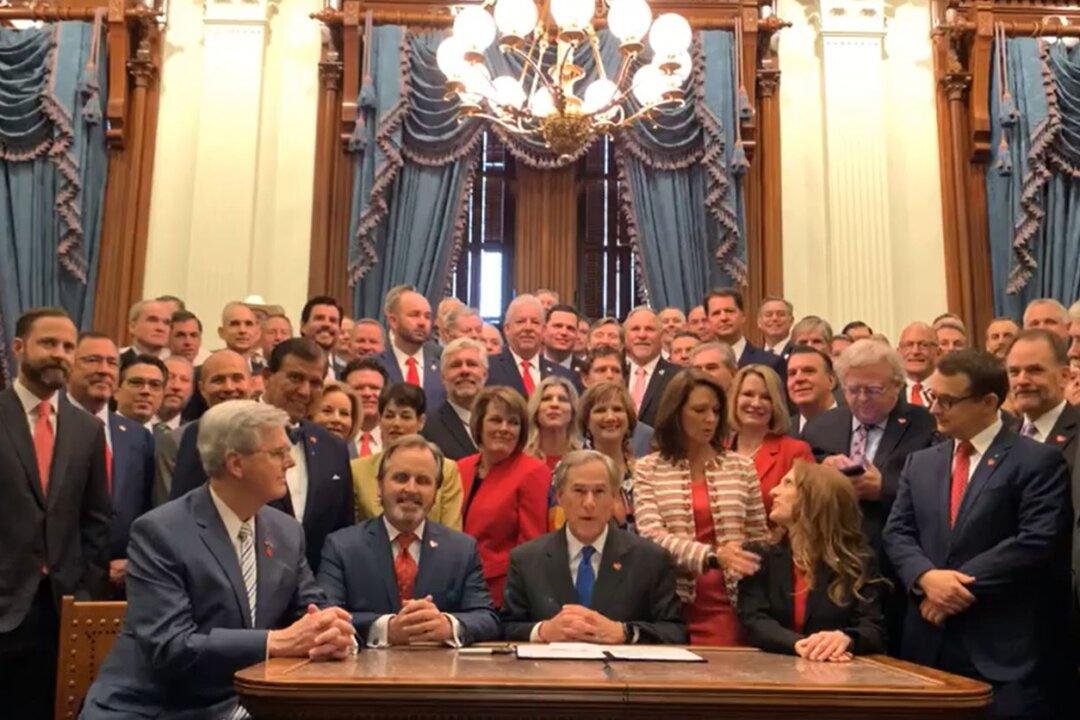A Texas law that bans most abortions went into effect on Sept. 1 after the Supreme Court didn’t respond to an emergency motion that asked it to block the law.
Senate Bill 8 bars doctors from performing abortions unless they have tried to detect a fetal heartbeat and been unable to do so. Only if a heartbeat cannot be detected can the doctor perform an abortion, unless a medical emergency exists.





